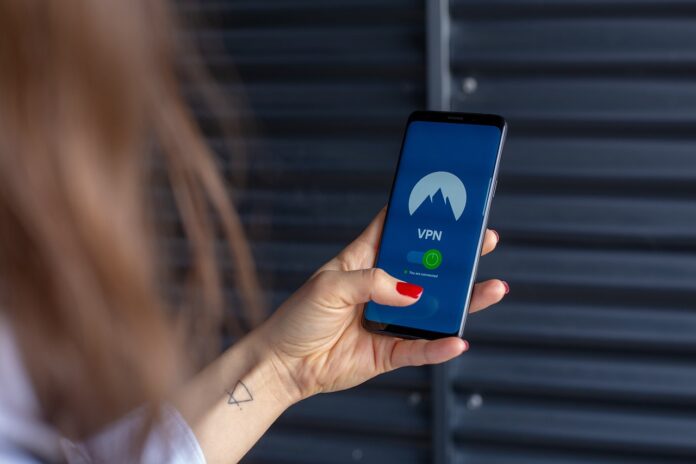It’s no secret the internet can be a dangerous place. Hackers and identity thieves are always looking for new ways to steal your information, and if you’re not careful, they can easily find out who you are and what you’re doing online. This article will discuss three methods that you can use to browse the internet without exposing your identity.
Use a VPN
A VPN stands for virtual private network, and it’s a tool that allows you to connect to the internet through an encrypted tunnel. This can help prevent others from seeing your IP address or location when tracking down who you are. A great way of achieving this is by using a VPN service like NordVPN or ExpressVPN, which will protect your privacy while browsing the web.
The first thing that you should do is set up a VPN connection with one of the many companies that offer this service. Know how to get a PrivateVPN free trial to try their services before purchasing a subscription. Once you’ve set up the VPN, all of your web traffic will be encrypted and routed through servers located around the world. This means that anyone trying to track down who you are won’t have access to any information about where it originated from or what websites were visited while using it.
You can also add additional layers of security with a service like NordVPN’s CyberSec feature, which blocks malware-infected sites and ads while browsing online anonymously. A great way is by using this service because it protects your privacy and protects against malicious websites or advertisements that may contain viruses.
Upgrade Your Social Media Privacy Settings
Most social media platforms like Facebook and LinkedIn allow you to control who can see your profile information and what content you share. Ensure that you take advantage of these settings and limit access to as few people as possible. It will help keep your identity safe when browsing the web.
While many forums have rules against users who post under anonymous names or aliases, it is still safer to avoid posting anything with your real name. This way, if something does get posted under your name, it will be harder for people to determine who you are.
Additionally, be careful about what information you share on social media sites. Try not to post anything that could identify you or give personal details about your life. For example, don’t post pictures of yourself or any friends/family members that might reveal where you live or work.
And finally, use strong passwords for all of your online accounts. It’s not enough to use the same username and password across multiple sites. Passwords should be unique for each account, so if one gets hacked into or compromised in any way, then other accounts won’t be affected as well.
Password management tools like LastPass can help you generate strong passwords that are difficult to guess by hackers while allowing them easy access whenever necessary without remembering everyone manually.
Delete Your Personal Information From the Web

You should also delete your personal information from the web. It can be done using a service like DeleteMe, which will go through all major search engines and remove any links containing sensitive data such as full name or address. If you don’t want to pay for this type of service, there are free options. But they might not work quite as well since many websites won’t let them access their databases because it could harm their business models if people stop visiting those sites altogether due to privacy concerns which would happen if every person deleted themselves completely.
Removing all traces of yourself from social media platforms like Facebook and Twitter would also help keep hackers at bay since these types are typically used when searching through people’s profiles, trying to find more about them than just their names. It might not seem like much. Still, this little bit extra could mean making sure nothing else gets stolen either as time goes by.
You can do it in various ways, but one of the most effective methods involves using software available on many websites for free. Some examples include WhoisGuard, which allows you to remove contact details such as email addresses or phone numbers associated with an account before they become public.
It’s essential to remember there is no one-size-fits-all solution to browsing the internet anonymously. The best way to stay safe is by using various methods together, which will help make it much more difficult for anyone trying to track you down. Try out some of these tips and see which ones work best for you. With so many ways to browse the web without exposing your identity, there’s no excuse not to take advantage of them and keep yourself safe online.





